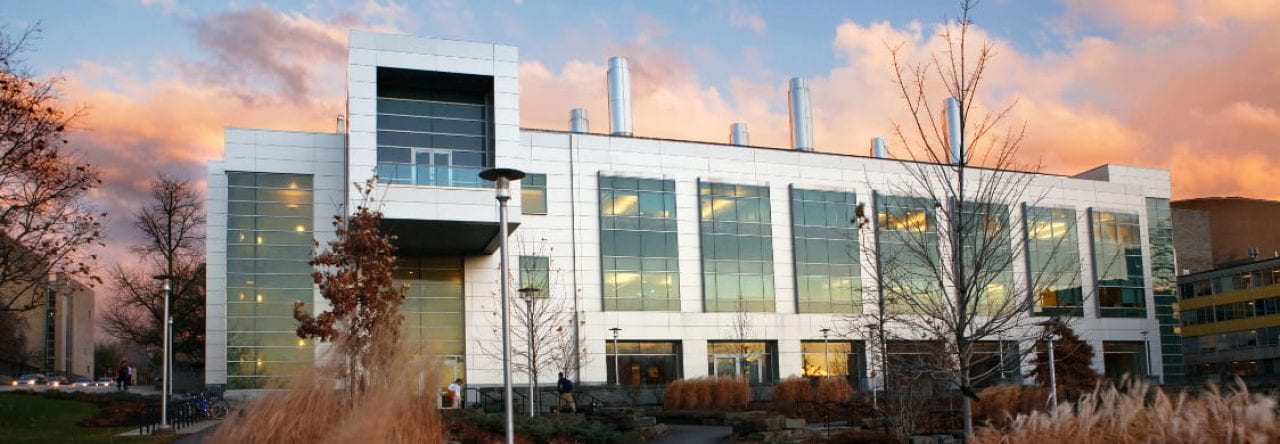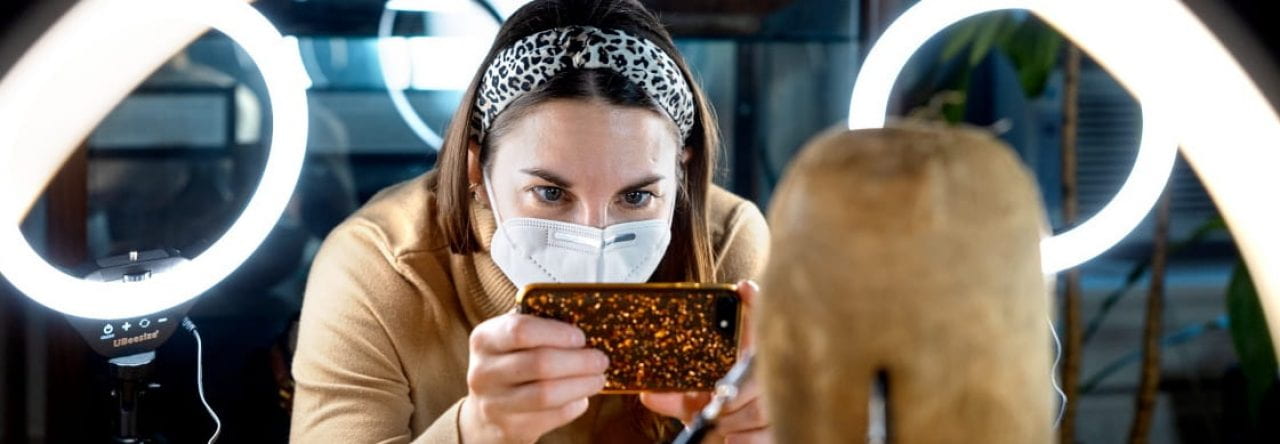Gregory Fuchs
Associate Professor
Applied and Engineering Physics
Biography
Fuchs earned his Ph.D. in Applied Physics from Cornell University in 2007. Afterward, he moved to the University of California, Santa Barbara as a postdoctoral associate. In 2011, he joined the Cornell faculty of Applied and Engineering Physics. In 2012 he received a Young Investigator Award from the Air Force Office of Scientific Research, in 2013 he received an Early Faculty Career Award from the National Science Foundation along with the Presidential Early Career Award for Scientists and Engineers, and in 2014 he received the Early Career Award from the Department of Energy.
Research Interests
The Fuchs Group is focused on spintronics and quantum information science. We study and manipulate spin and optical degrees of freedom in solid-state materials. To do this, we draw inspiration from many fields including atomic physics, materials science, and electrical engineering.
We are interested in hybrid quantum systems, in which disparate degrees of freedom interact coherently. Such systems can form the basis of future quantum technologies such as quantum repeaters and quantum transducers. Diamond nitrogen-vacancy (NV) defect centers are an important platform for our research because they possess a coherent optical transition, long-lived spin coherence, and several mechanisms for coupling to external degrees of freedom – mechanical, magnetic, and electrical. NV center-based hybrid systems can also form outstanding quantum-enhanced sensors for a range of applications from nanoscience to navigation. We are also interested in developing new quantum platforms and hybrid quantum systems in the solid-state using isolated defect centers in 2D materials and their heterostructures.
Another focus is understanding spins and spin dynamics in materials to enable future technologies based on spin. We are interested in spin-orbit torques and exotic spin order including antiferromagnetic, multiferroic, and chiral magnetic materials. One important tool in our research is the time-resolved magneto-thermal microscope — a unique table-top magnetic microscope that we have developed over the past several years. Our microscope draws its contrast from spin-thermal interactions including the anomalous Nernst effect and the spin Seebeck effect, converting spatiotemporal thermal transport into a time-resolved image of magnetic order in a material. This approach is surprisingly versatile: we have imaged spin texture in magnetic metals, magnetic insulators, antiferromagnetic metals, and antiferromagnetic insulators.
- Nanotechnology
- Condensed Matter and Material Physics
- Optical Physics and Quantum Information Science
Selected Publications
1. Isaiah Gray, Takahiro Moriyama, Nikhil Sivadas, Gregory M. Stiehl, John T. Heron, Ryan Need, Brian J. Kirby, David H. Low, Katja C. Nowack, Darrell G. Schlom, Daniel C. Ralph, Teruo Ono, and Gregory D. Fuchs, 2019 “Spin Seebeck imaging of spin-torque switching in antiferromagnetic Pt/NiO heterostructures.” Physical Review X 9: 041016.
2. Huiyao Chen, Noah F. Opondo, Boyang Jiang, Evan R. MacQuarrie, Raphaël S. Daveau, Sunil A. Bhave, and Gregory D. Fuchs, 2019 “Engineering electron-phonon coupling of quantum defects to a semi-confocal acoustic resonator.” Nano Letters 19: 7021-7027.
3. Emrah Turgut, Hanjong Paik, Kayla Nguyen, David A. Muller, Darrell G. Schlom, Gregory D. Fuchs, 2018 “Engineering Dzyaloshinskii-Moriya interaction in B20 thin film chiral magnets.” Physical Review Materials 2: 074404.
4. H.Y. Chen, E. R. MacQuarrie, and G. D. Fuchs, 2018 “Orbital state manipulation of a diamond nitrogen-vacancy center using a mechanical resonator.” Physical Review Letters 120: 167401.
5. Nicholas R. Jungwirth and Gregory D. Fuchs, 2017 “Optical absorption and emission mechanisms of single defects in hexagonal boron nitride.” Physical Review Letters 119: 057401.
Selected Awards and Honors
- Early Career Research Program Awardee(Department of Energy)2014
- Presidential Early Career Award for Scientists and Engineers(Air Force Office of Scientific Research)2013
- Faculty Early Career Award(National Science Foundation)2013
- Rebecca Q. and James C. Morgan Sesquicentennial Faculty Fellow(Cornell University)2012
- AFOSR Young Investigator Award(Air Force Office of Scientific Research)2012
Education
- BS(Physics and Chemistry Education),University of Wisconsin-Madison,1996
- MS(Applied Physics),Cornell University,2003
- Ph D(Applied Physics),Cornell University,2007





